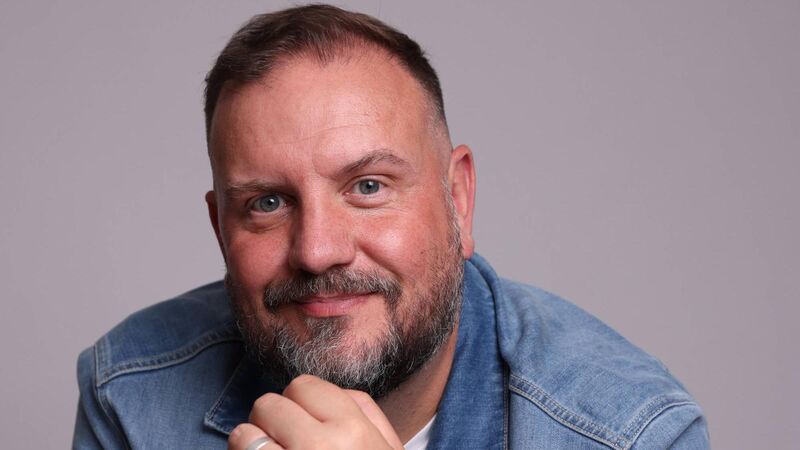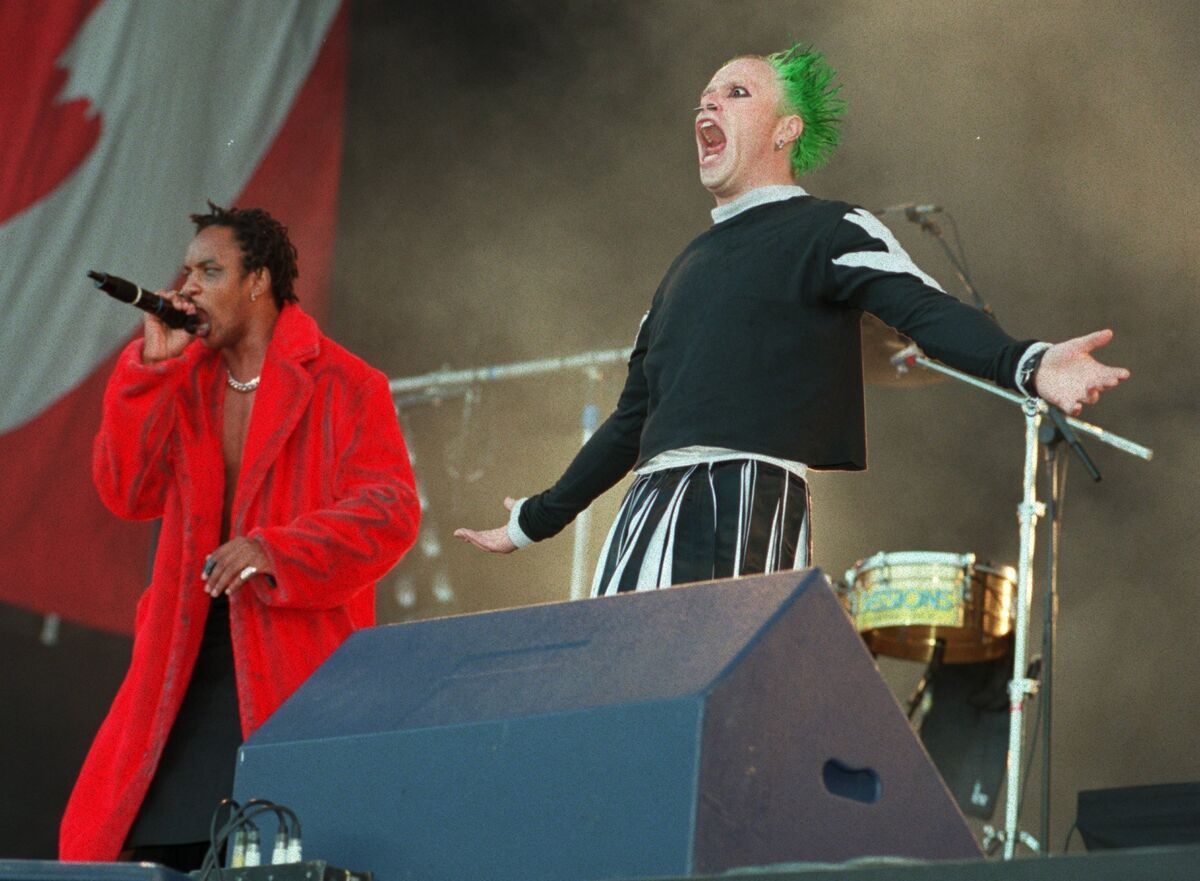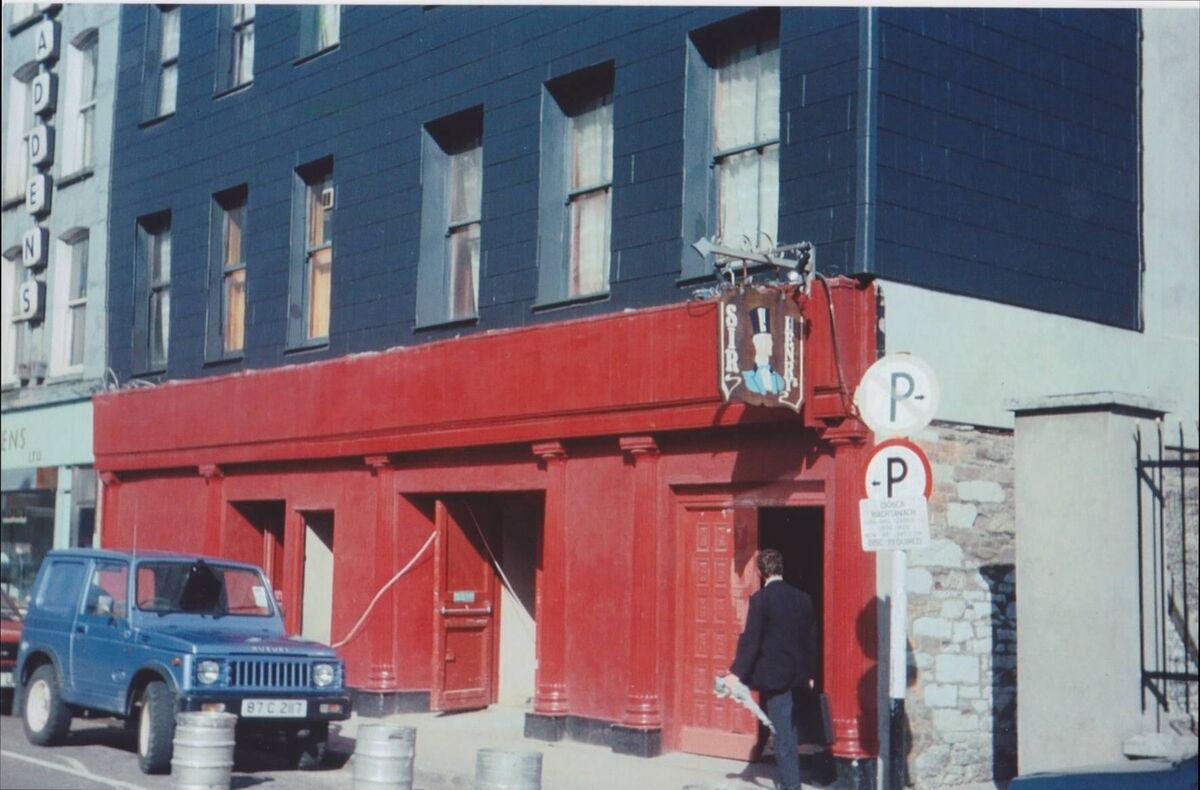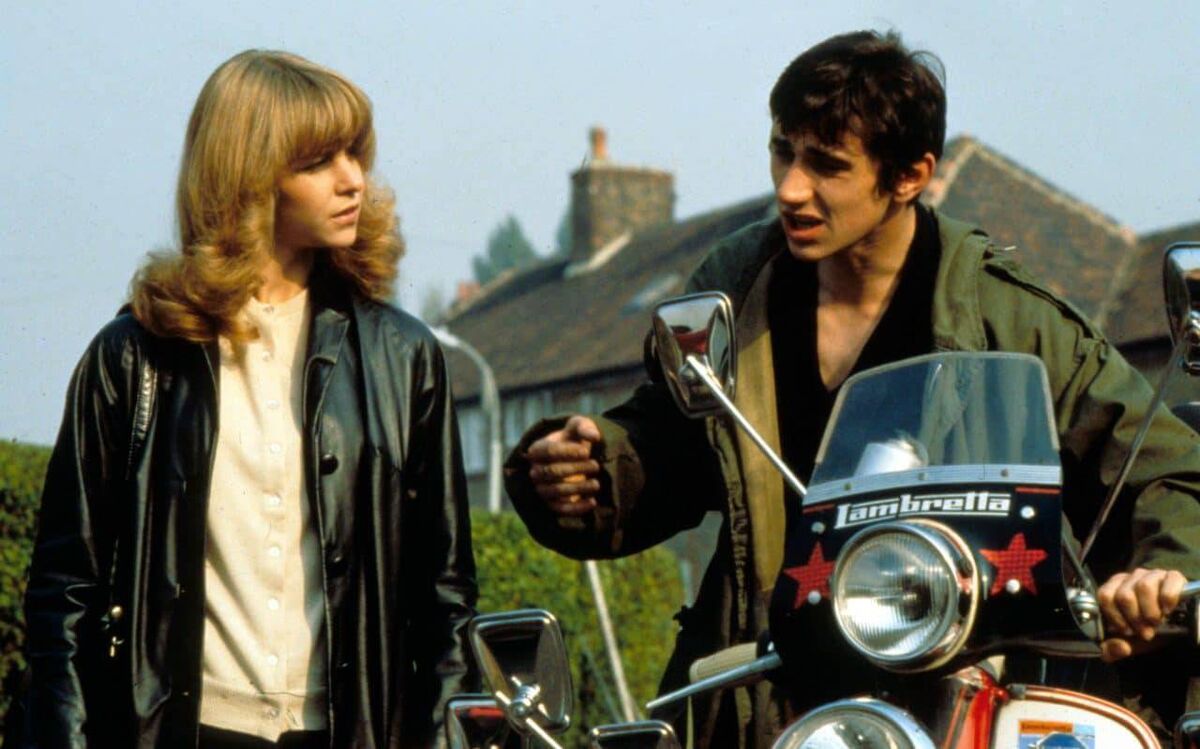Culture That Made Me: Keith Cunningham, aka KC of Red FM, shares his touchstones

Radio presenter KC can be heard on the breakfast show on Red FM.
Born in 1977, Keith Cunningham, aka K.C., grew up in Castlebar, Co Mayo. In 2002, he joined Cork’s Red FM, presenting a late-night dance music show, later moving to the drive time and morning slots. He also worked at Today FM, from 2010 until 2014, and Cork’s 96FM, before returning to Red FM where he currently presents the breakfast radio show.
When I was around 15, I sold my guitar for £25 so I could buy two tickets to see The Prodigy live in Castlebar. I had their Experience album on copied tape. I played it until I wore it out.

It was the first time I witnessed a live music act that had no instruments as such. Liam Howlett was behind a bank of screens and hard drives. He might have had a keyboard. You had Keith Flint, God rest him. You had a fellow called Leeroy the Dancer. Everybody was wearing Joe Bloggs pants at the gig. It was like landing on another planet.
I went to see Prince at Malahide Castle in 2011 with my wife, Rachel. She's a Prince obsessive. It was one of those beautiful summer evenings. Everything was perfect. He came out on stage wearing this long white poncho coat, went up to the mic and said, “I heard there's a party going on,” and the place blew up. It was a volley of the most incredible party music I've ever heard. He didn't stop for two hours. He did a 10-minute version of 'Purple Rain' with a massive confetti cannon that blew up at the crescendo of that song. It was magic.
One of my favourite gigs was Kraftwerk, the godfathers of electronic music, Live at the Marquee, in Cork. It was around 2018. The rumour was that they were going to do a 3D show and that's what they brought – this massive visual screen, with the four lads standing there, looking like they're not doing very much, but they were. They performed tracks from their albums, Autobahn and The Man-Machine. It was something special.
Moving to Cork in 2002 I experienced the dying embers of Henry’s. I missed the mania of Henry's in its heyday; that club was bigger in word of mouth and myth then it was in attendance. People knew about this club all over the world. Henry's was very much about American house music. It was built on those big American guests that came over across the years. I remember seeing Kerri Chandler, an American house DJ, and Giles Peterson there.

The club’s reputation was solely down to the music. Internally, it was a big shed with a big sound system. As the old joke would go, “Henry’s was the only nightclub in Ireland you'd get kicked out of if you brought in your own toilet roll.”
The other big club in Cork I remember was the Half Moon. It was at the back of the Opera House. I DJed there on a Sunday night. The Half Moon Club was basically a storage room for the Opera House’s pantomime equipment, but they cleaned it up and turned it into a nightclub. A legendary club in Cork back in the day.
I have thousands of records at home, but there's a particular album I adore. It's by an electronic band called Zero 7. I got their album Simple Things almost 25 years ago. It’s a masterpiece of gorgeous chill-out, soulful ambient music. Every track in the album is different. The two guys behind Zero 7 are sonic geniuses. There's a song called 'Destiny' on it which my wife had walking up the aisle. It’s a special album.
Gerry Ryan had a beautiful turn of phrase. He was incredibly witty. He had this big, rich authoritative voice. He was the master of bringing you in on a story but he could also go from massive tragedy – discussing about, say, dozens of people who were killed – then he’d flip to the next caller, a woman in Clondalkin who had a rat stuck in her kitchen pipe. He could talk to everybody at their level of understanding. He was arguably the best broadcaster we've had in the country.
From the music side of it, Gilles Peterson is my favourite radio DJ. He's dedicated his life to finding music from around the world, and he's been doing it for 35 years, starting off on pirate radio in London, just playing songs he loved. Then he started the Acid Jazz label, bringing out some incredible music in the ’90s. The slogan of his show is “Joining the musical dots” – that's what he does. He got me into so much different stuff – all this world jazz, Brazilian music, South American music, different kinds of house, beautiful poetic hip hop. I’m a huge fan.
Radiolab is a radio programme and podcast. It's a WNYC Studio podcast, a public broadcasting service based in New York. It was founded in 2002 by Jad Abumrad. Its presenters focus on topics of a scientific, philosophical or political nature. What I love about it is the audio production, the sound effects, the way they cut into interviews. They narrate over stories. They do little sound effect drop-ins. There could be about 15 or 20 people involved in producing one episode, which apparently takes weeks to produce. It's incredible.
The Quadrophenia movie massively influenced two subculture movements in my hometown. We had the Mods and the Rockers. It was Quadrophenia on a small scale. The Mods wore amazing clothes like Parka jackets, tailored suits, button-down shirts, Chelsea boots. They listened to ska, reggae, and soul. Some of the better-off Mods had Vespas to spin around on. Rockers had long, greasy hair, sleeveless denim jackets, Anthrax patches, studded leather belts and they were always out for a scrap. That was the scene in my hometown growing up.

Quadrophenia is a rock opera written by Pete Townshend and The Who. Sting is in the movie, playing the leader of the Mods. It’s based on a young Mod called Jimmy Cooper. He’s played by Phil Daniels, who's the voice of Blur’s Parklife track. He's an angsty teenager – disillusioned with his parents; he hates his job. He starts taking amphetamines, partying, riding scooters around. It’s set in the ’60s. The movie concludes with a massive brawl on Brighton beach between the Mods and the Rockers.
The reason I love the film Quadrophenia is the main character, Jimmy Cooper. He’s based on a postman from Cork called “Irish Jack”. He went to London in the ’60s. He had a thick Cork accent. Before The Who became The Who, they were a showband playing gigs around London. Irish Jack became good friends with the band and Pete Townshend. He followed them everywhere, putting up posters for them. He became known as the fifth member of The Who. Townshend wrote Quadrophenia many years later and, as he’s said, Irish Jack, the postman from Cork, was the inspiration for Jimmy Cooper.


